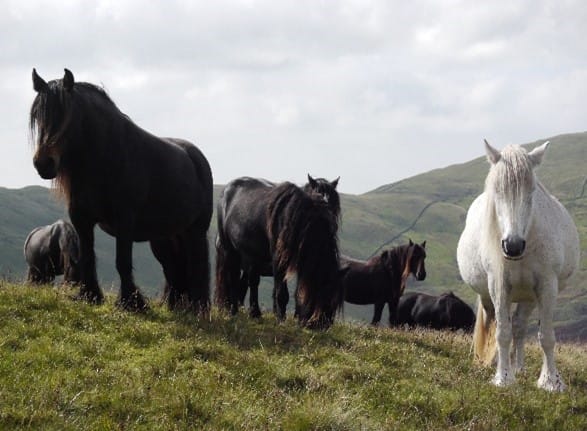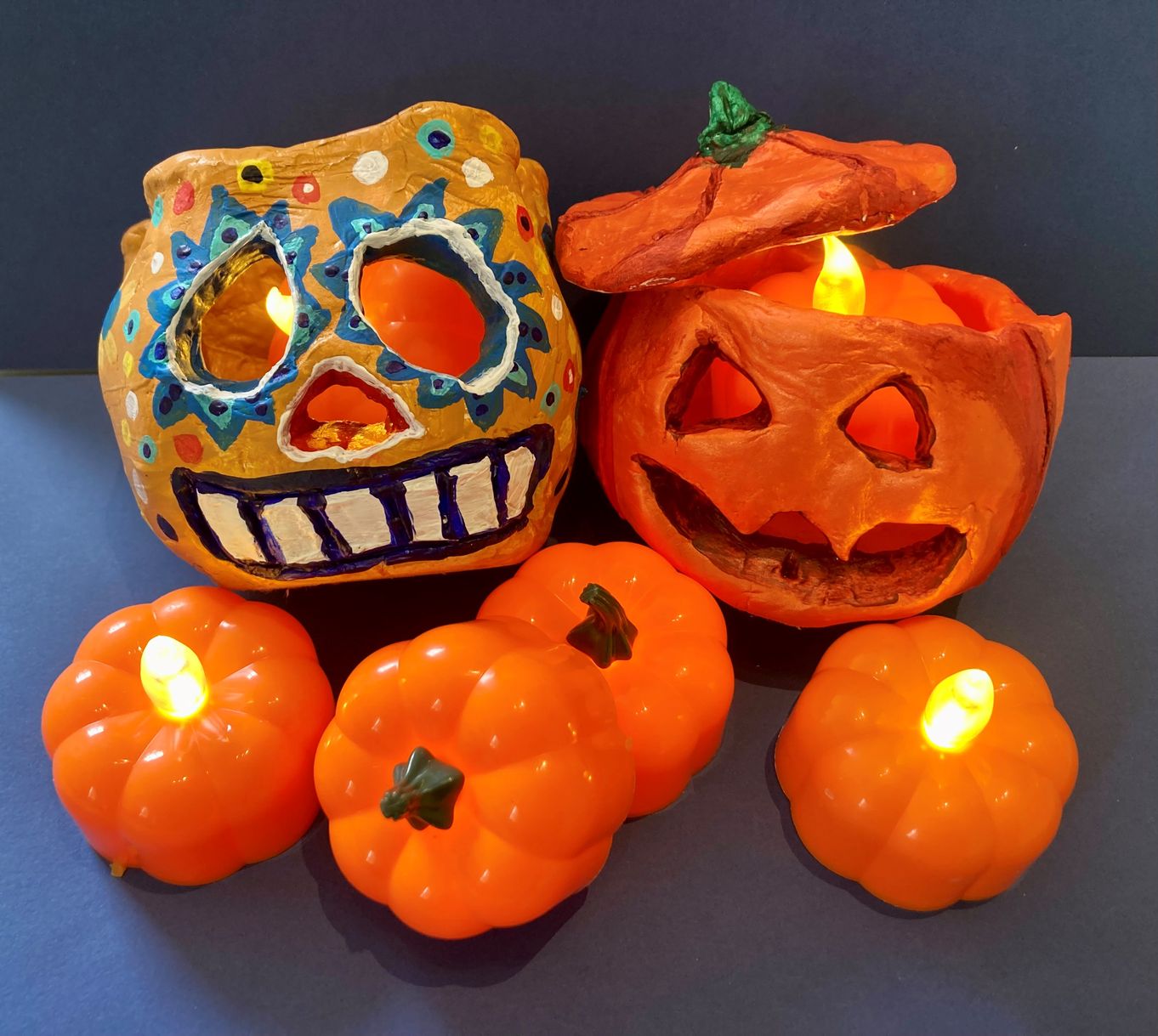Autumn Events at Keswick Museum
Drop-in information evening with Cumbria Wildlife Trust
The plan to create England's highest nature reserve at Skiddaw Forest
5-8pm, Tuesday 17th September at the Museum
This free drop-in event is for anyone wanting to learn more about the exciting new purchase of Skiddaw Forest by Cumbria Wildlife Trust and its vision to secure a wilder and brighter future for nature at the site.
Free Lunchtime Talks at the Museum
Co-habiting with Badgers
1pm, Wednesday 18th September
Speaker: From Cumbria Badger Group
Badgers are iconic mammals, and we are lucky to have them around in this country. Cumbria Badger Group (CUB) is a volunteer led organisation, working to take positive steps to protect badgers and help co-habitation alongside humans. Join members to find out more about the small changes and simple actions that go a long way towards sustainable and friendly human-badger co-existence.
The Heritage of the Hill-Bred Fell Pony
1pm, Wednesday 16th October
Speaker: From the Fell Pony Heritage Trust
The native Cumberland and Westmorland Fell Pony has helped shape the landscape we see today in Cumbria because of the relationship they have with the upland hill farmer. For centuries the fell farmers have bred and worked these ponies which has helped preserve the ponies’ true characteristics and hardiness in their natural environment.
Booking highly recommended via museum website
October Family Crafts
Super Scary Tealight Holders
29th and 31st October
Decorate your home with a chillingly delightful super scary clay tealight holder!
Using clay, you will learn how to make and decorate a hauntingly delightful Halloween masterpiece. Perfect to illuminate even the spookiest of nights!
(One battery powered tealight included)
£6.50 per crafter
Booking recommended via museum website
This month's Volunteer Exhibition
September’s display in the museum's volunteer case is about Robert Southey's story 'The Terrible Knitters of Dent', which was published in his experimental novel, ‘The Doctor’. It is written entirely in Westmorland dialect. Dent was famous for its terrible (meaning fast and industrious rather than bad!) knitters and Southey told the story of two little girls who ran away because they were so exhausted and homesick. The display shows the stages of knitting from wool to finished products, and the story can be read above the case. It will be on display until 6th October.


